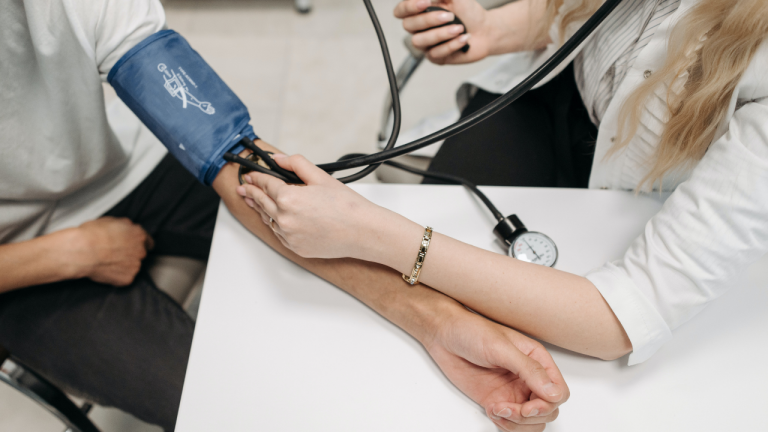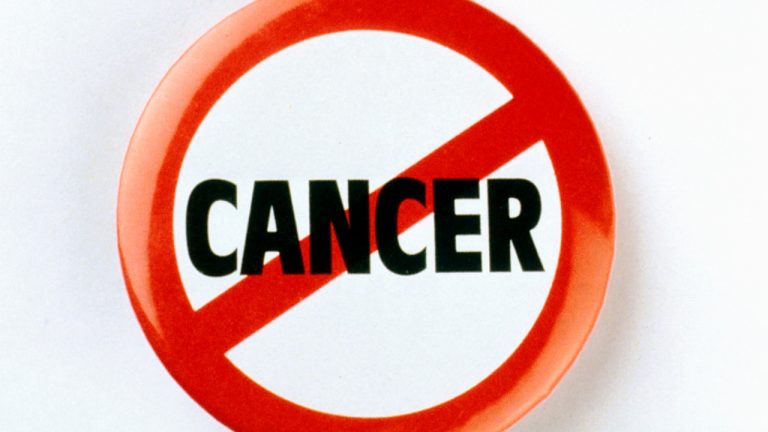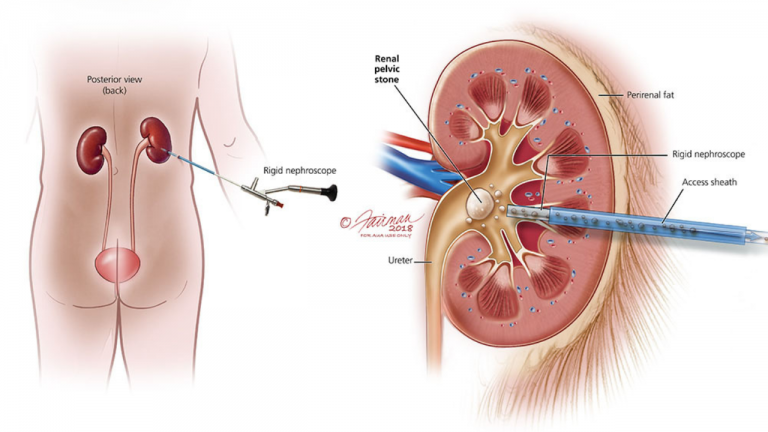Corona virus (COVID-19): Home Care & Symptoms/Precautions/Treatments

Coronaviruses are important human and animal pathogens.
During epidemics, common cold coronaviruses are the cause of up to one-third of community-acquired upper respiratory tract infections in adults and probably also play a role in severe respiratory infections in both children and adults.
Coronaviruses are single-stranded RNA viruses, about 120 nanometers in diameter. They mainly infect human and non-human mammals and birds. They reside in bats and wild birds and can spread to other animals and hence to humans. Quickly spread around the world. The transmission of coronavirus rate is relatively high.
Symptoms:
Respiratory tract infections:
Upper respiratory infection
Lower respiratory infection
• Upper respiratory tract – Nose and Throat
(Nasal passages, paranasal sinuses, the pharynx, and larynx)
Upper respiratory infection:
• Congestion
• Common cold
• Runny nose
• Anorexia
• Dry cough
• Sore throat
• Headache
• Body aches
• Fatigue
• Mucus/phlegm(yellow-green sputum and
occasionally blood)
• Lack of appetite
• loss of smell
• swollen lymph nodes
• inflammation of the ear
• chills
• sometimes a fever
Lower respiratory tract: windpipe and lungs
(trachea, bronchi, and bronchioles.)
Lower respiratory infection:
• Shortness of breath
• Lack of appetite
• Trouble breathing
• Sharp chest pain
• Loss of smell or taste
• Nausea or vomiting
• Diarrhoea
• Bluish lips and face
• Face and arm numbness
• Confusion
• Excessive drowsiness
• Weakness
• High fever
• Cold(chronic obstructive lung disease)
• Cough(sometimes bring up blood)
• Fatigue
• Respiratory arrest
• Lung abscesses
• Respiratory failure
Safety precaution for corona virus
• Stay well hydrated.
• Plenty of rest (Sleep up to 6-8 hrs)
• Breath fresh air
• Exercise
• Healthy diet
• Yoga
• Protect people from infection
• Prevent contamination touch
• Keep clean wiping cloths and towels
• Use separate towels, hand gloves, face mask, etc
• Cover the mouth while sneezing, cough
• Keep tissues handy in case they need to cough or sneeze
• Wash your hands often, Don’t touch your dirty hands on face, eyes, nose, or mouth
• Drinking plenty of water, coconut water, and fresh citrus fruit juices
• Don’t use packed juice, tin food
• If you go out in public wear a cotton cloth fabric face mask. To protect you from some infections. Don’t use more than 15 to 30 min.
• It’s important to limit your contact with other people as much as possible. Social distancing or physical. distancing is very essential in contaminated areas.
• Contact to family, school, friends, shop, and neighborhood through chat group by the online website to stay in touch.
• protect yourself from being exposed to the virus.
• Take medications to relieve fever and aches and pains incorrect time
• Take vitamin C and vitamin D protect against COVID-19
• Take Immunity boosting food to prevent infection with the COVID-19 virus
• Take antioxidant-rich foods
• Therefore, hygiene and sanitation play a vital role in promoting and protecting the health and well being of people in large numbers
• Stay away from sick people, using a separate “sick” bedroom, toilets, bathroom, utensils if possible.
Isolation: 2–14 days after exposure to the virus. keeping sick people away from healthy people
This helps prevent the illness from spreading to other people.
Higher risk of developing serious illness from COVID-19:
• Smokers, babies, the elderly, and people with lung disease are particularly susceptible.
• Older people aged above 65 years
• Serious heart conditions people, such as heart failure, coronary artery disease, cardiovascular or cardiomyopathies
• Kidney disease
• Chronic lung disease
• Chronic obstructive pulmonary disease (COPD)
• Severe obesity,
• Sickle cell disease
• Weakened immune system
• Diabetes
• Pregnant women- Transmitting the virus from mother to child during pregnancy.
• Research show mild symptoms in children compare to others.
Currently, there is no specific antiviral treatment for COVID-19.
Scientists had not to research any particular vaccine currently for COVID-19.
Researchers are speeding it up to find a vaccine. It takes 12 to 18 months to find a vaccine that works best and is safe.
Early estimates predict that the overall COVID-19 recovery rate will be between 97% and 99.75%.
Risk of face mask
Don’t put a face covering on anyone who is:
• Under 6 years old
• trouble breathing
• Unconscious
• Older people
Carbon-dioxide may accumulate in the breathing surface inside of the face mask. It impacts on human thermoregulation.
That shows significant physiological effects on the wearer like headache, shortness of breath, weakness, cardiovascular effects, changes in the nervous system, etc.
Surgical face masks as a source of bacterial contamination during operative procedures.
Diagnosis: If wearing face mask above 30 min or less than 1 hour
• Oxygen level of the body get decreases. Saturation (spo2) by 1%
• Pulse rate and temperature of the body get an increase.
Disadvantages of hand sanitizer and mouthwash
Hand sanitizer often has a form of alcohol, such as ethyl alcohol, as an active ingredient and works as an antiseptic. Studies have shown that triclosan harm the immune system, actually lower your resistance to diseases by killing good bacteria, which helps protect against bad bacteria.
Mouth wash: Using mouthwash have risks and dangers. Often it has a form of alcohol that can cause damage to delicate mucus membranes in the mouth. The role of alcohol in oral carcinogenesis with particular reference to alcohol-containing mouthwashes.
(Australian dental journal-27 November 2008).
Instead of using mouthwash and sanitizer, Use warm salt water both for hand as well as mouth.
Similarly, you can make it a practice to do salt, black cumin oil with warm water gargles at night.
Droplet infections:
• Exhale
• Talk
• sneeze
• Cough
• Speak (loudly or shouting)
Carriers: People can be carriers of pathogenic microorganisms without themselves showing any symptoms of communicable disease. Transmitted through hands, breath, etc
Isolation: 2–14 days after exposure to the virus.
Infected persons: Same as for except through persons actually suffering from infections. Showing signs and symptoms.
Transmitted through unclean habits of healthy individuals, as bacteria grow best at body temperature of 37 °c and are passed to the others through the hand, breath, etc
Cross-contamination: keep hygiene and sanitation is a continuous but essential process that needs serious and constant consideration at all times. Keep food covered –overall.
Stay away from sick people, using a separate “sick” bedroom, toilets, towels, bathroom, and utensils if possible.
Clean their clothes, utensils separately by wearing gloves.
Therefore, hygiene and sanitation play a vital role in promoting and protecting the health and well-being of people in large numbers.
Because currently there is no specific antiviral treatment for COVID-19. Scientists had not to research any particular vaccine currently for COVID-19. Due to the fast RNA mutation of coronavirus.
Treatment
According to the WHO, COVID-19 will recover without needing hospitalization. Most people who become ill with COVID-19 will be able to recover at home. No specific treatments for COVID-19 exist right now. Antibiotics won’t help because they treat bacteria, not viruses. For feel better if you have the flu — getting enough rest, breathe fresh air, staying well hydrated, and taking medications to relieve fever and aches and pains — also help with COVID-19
In more severe illnesses symptoms need to be cared for in the hospital.
Oxygen therapy, heart-lung machine, and artificial ventilation may be required, reduces the risk of dying from COVID-19.
Aspirin or paracetamol may be given to reduce fever.
To reduce fever, ease aches and pains, take acetaminophen.
Blood plasma transfusions:
When people recover from COVID-19, their blood contains antibodies that their bodies produced to fight the corona-virus and help them get well. Antibodies are found in plasma, a component of blood.
Self-help is the best help, Self-care is the best care
Write a Reply or Comment
You must be logged in to post a comment.




Masalllah what a great information about covid 19
Wow what a great article
Great information we have to share information as much as we can
Wonderful site. A lot of helpful info here.
I am sending it to several pals ans additionally sharing in delicious.
And naturally, thank you for your effort!
my website CBD for Sale
Useful and helpful
Helpful
Excellent information